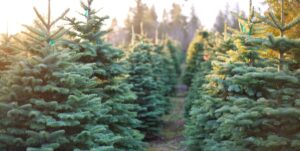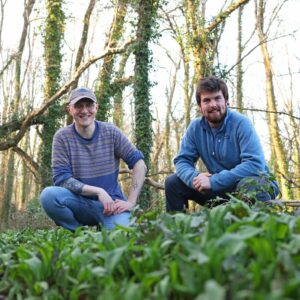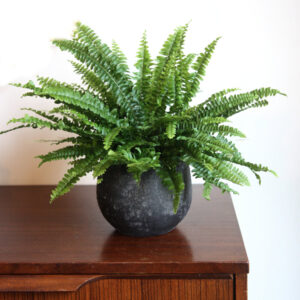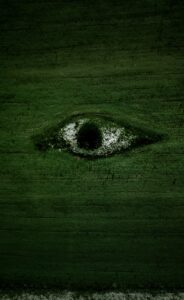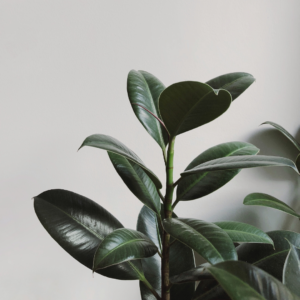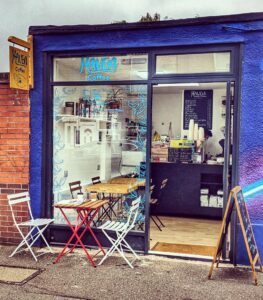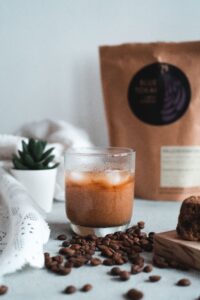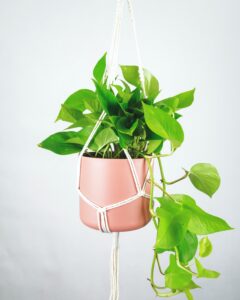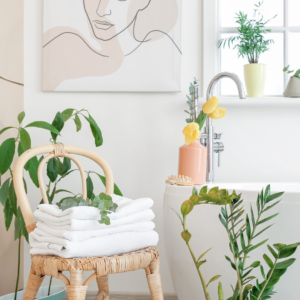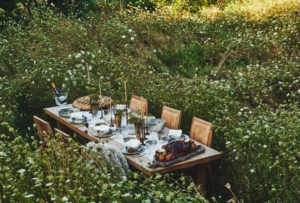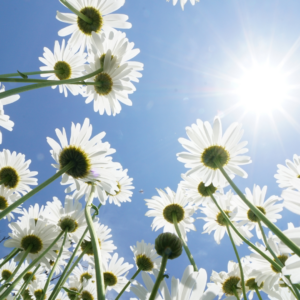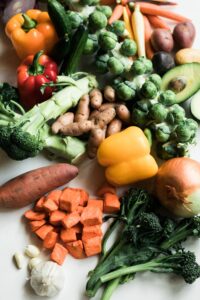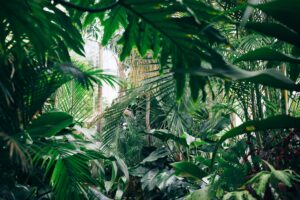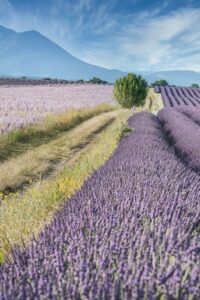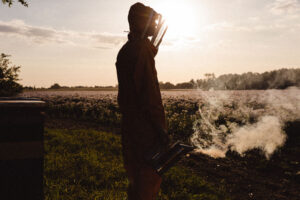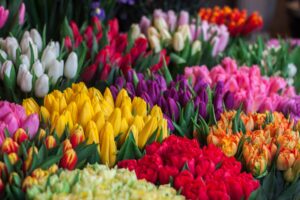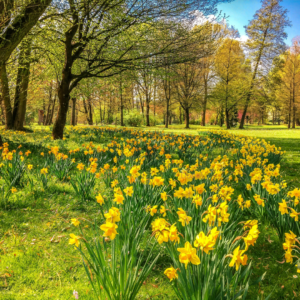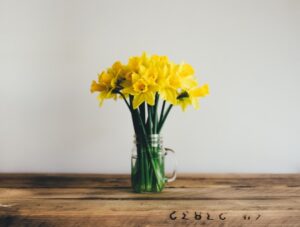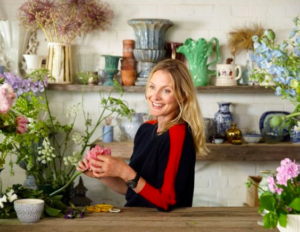We have found it completely fascinating partnering up with LHC and getting to know the world of honey. I think what really stood out for us is the magic of their honey and the importance of making it as sustainable and ethical as possible. Learning how they never take all the honey from the hive just the excess to make sure the bees are left with food, and not feeding their bees with sugar syrup, are just a few ways in which they are making sure the welfare of the bees is at the heart of their beekeeping.
The raw uncut honey that they produce means you get all the amazing health benefits that honey can bring, whilst simultaneously supporting a really wonderful small British business that celebrates the unique and bountiful flora found in the British Isles.
Favourite thing we learnt? When your honey crystallises this isn’t a bad thing, it means that the honey is in it purest form meaning YOU get all the incredible health benefits found in the enzymes.
Check out our interview below with LHC beekeeper & production manager George to find out more incredible nuggets of info! You can watch the full interview at the bottom of this post!

Hello everyone my names George, I’m a beekeeper and the production manager at The London Honey Company. I am doing this from my office in the Cotswolds this morning! I think there are a few questions to answer and hopefully I don’t get stung (the hives are right here!)
What makes the LHC unique?
I think the first thing that makes us unique is the fact that we do produce, there are a lot of honey companies that move their bulk honey sideways and have a couple of hives, but we are commercial bee farmers at heart. That’s how we originated and how Steve trained, and what makes us original is that we move bees.
We have a fleet of trucks that are specifically adapted on the back to fit 24 hives. We move hives around the country to different areas of the British Isles to collect different nectar sources throughout the season. 3 different crops for the year, we move our bees onto different sort of oil seed rape flowers and field beans for the Spring, and then we go onto the more unique summer honeys like chestnut fields down in Kent and up north to the heather moors of Wales and Shropshire for the Autumn to get the ling heather!
What makes good and bad honey?
Good honey for us is always British honey, locally produced and sustainable and locally sourced honey. Lots of honey in the UK is imported from all over the world. And its either a blend, you will often see on the back of the jar in lots of supermarket honey’s that it is a blend of EU and non EU honey, and this is where companies have just mixed it together and churned it, heating it to high temperatures to keep It stable. This can ruin all the goodness and destroy enzymes within the honey which is the part that we most want, the part that’s good, the part that has all the antiseptic qualities, healing qualities and going to help with hay fever. All the goodness that the bees put into it we don’t want to remove that.
Do city bees differ in taste and temperament to countryside bees?
In terms of temperament I would say no, we use the same breeder when we purchase our queens so we have gentle bees, island mated queens, and they are really gentle and we find our bees are really gentle. Its really beautiful and calming to work them, they are lovely!
In terms of taste with city hives and country honey, yes of-course there is a big difference. The honey carries the signature of the landscape so whatever sort of flora is within that area is going to really affect the taste of the honey.
The biodiversity of the flora in London is always going to affect the taste of the honey, and in the countryside we tend to try and find more monifloral honey’s, so we are looking for specific unique singular nectar sources. So you can taste it and know instantly what flower it is from and the nectar content within the pollen content of the honey, if you were to analyse that you would be able to see a real high percentage of one specific flower because the bees would have stayed. For example in the borage if we put them right in-front of the borage flowers they will just be flying on them all day because the nectar replenishes so quickly, they are so interested and focused on that flower which means you have the most beautiful pure monifloral honey.
Polifloral honey is lovely though as well, when there is lots of diverse flora within a certain area. In the Cotswolds where I am today there is a lot of different forage round here within the summer, like sweet clover, hawthorn, and dandelion in the spring. This means we have lots of different colours and blends within the honey and this is where we go with our British Summer Comb (which you will be tasting!)
What do you love most about LHC?
I think that one of the most amazing things about LHC is that we showcase honey from our own country, lots of companies are interested in buying in honey that you can’t get in this country because of the diverse flora elsewhere, but you can get so many intricate beautiful varieties of honey within the British isles and I think our honey showcases that.
If you want to try this remarkable honey then you are in luck. We are so thrilled that in our Bee Kind box we will be including their sumptuous summer time honeycomb (which is one of the most delicious things I have eaten) and a really soothing and nourishing pot of their all purpose beeswax balm.
Fancy 30% off this months box. Well this ones on George. Just type the code below at checkout:
BEEKIND30


